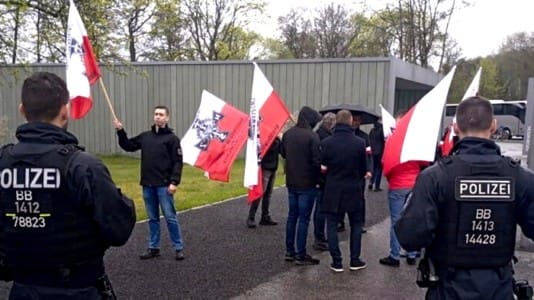Jarosław Kaczyński, leader of Poland’s ruling conservative Law and Justice (PiS), has signaled that the war in Ukraine could end in a compromise rather than a final resolution and warned this would entail fresh risks and dangers for the future security of Europe.
Addressing a conference on defense in Warsaw, Kaczyński reiterated Poland’s unwavering support for Ukraine and President Zelensky’s demand for all of Ukrainian territory to be liberated, but warned “not everything depends on us.”
“There are indications to suggest that the war may end with a certain compromise rather than a final resolution,” he noted.
This is why Poland must be prepared for future challenges and dangers and why the build-up of Poland’s military capacity is so important, he concluded.
The acknowledgment of a potential outcome that doesn’t result in a conclusive Ukrainian victory marks a change in Polish rhetoric with government leaders previously insisting on nothing but a full Russian withdrawal from all occupied territories including Crimea as a solution to the crisis.
In fact, just this past Monday, a piece was published in the U.S. magazine Foreign Affairs, written by Polish Prime Minister Mateusz Morawiecki in collaboration with his Slovak and Czech counterparts, calling for total Russian submission.
The slight change in tone by Kaczyński may open the door to a more pragmatic solution such as a peace agreement, a move long advocated by neutral Hungary.
[pp id=73972]
Kaczyński, who as former deputy prime minister was responsible for legislation on Polish defenses, said that he was satisfied that the past year has seen a strengthening of Poland’s capacity for deterrence.
“Poland is now stronger than it was a year ago,” he told attendees, adding that a “strong army is a symbol and guarantee of security in a state.”
“We have to ensure that the Polish armed forces are ready for any action in defense of the Polish state,” he said.
The PiS leader singled out achieving strong air and anti-missile defenses and increasing the number of soldiers as key tasks to be realized; he repeated that the aim was to create an army of 300,000 soldiers — double the current size of the Polish military.
The head of the ruling party was not optimistic about the outcome of the war in Ukraine. He said that the result of the war was uncertain and the struggle could end in an inconclusive compromise.






